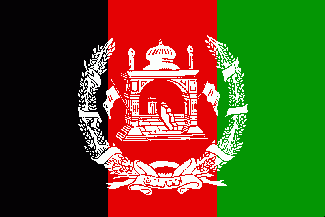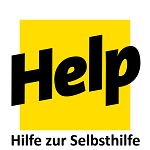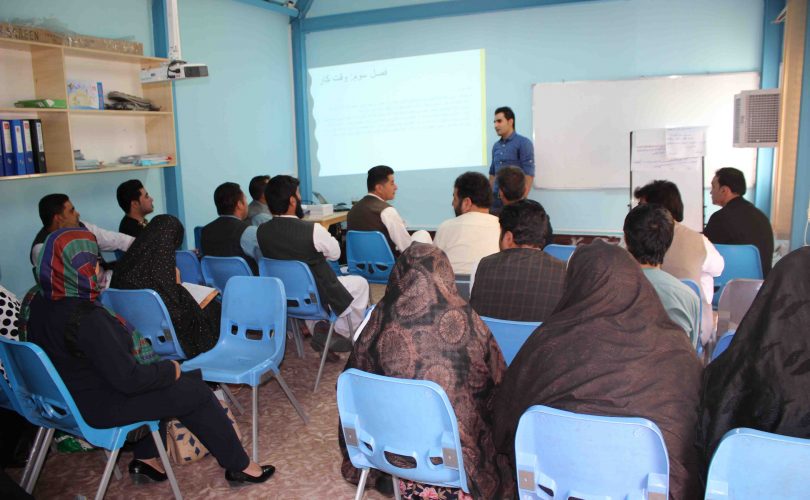19-17.Sep.2017
Preface:
The Labor Law Workshop seeks to familiarize employers, guilds, tradesmen and low-level stakeholders with the context and various legal dimensions and requirements of the labor law and the regulations on the relations between employers, employees and workers. It also seeks to consolidate the creation of a strong network between guilds and Help Employment Services Center for multilateral cooperation in future.
Introduction of the program, organizations and stakeholders:
The 3-day Labor Law workshop “Labor Law and Work Safety Technical Guidelines” ran by DoLSA Human Resources and Work Permit Unit in coordination and cooperation with OSAA and Craftsmen National Union and with financial support of Help INGO for a number of representatives of the businesses/vocations. 23 members of Herat Craftsmen National Union participated in this workshop for three days from 17.Sep.2017 to 19.Sep.2017 in Help Employment Services Center.
Participants:
Representatives of carpet weavers, home appliances repair, men’s and women’s tailoring, women’s and men’s barbers, silk weaving, hand embroidery, plumbing, carpentry and confectionary unions.
Issues covered:
General terms of labor and employee/ worker rights, general concepts, terms, prohibition of forced labor, hours of work, night work, breaks and types of leaves, conditions of employment, labor contract, contract termination and its effects, wages and benefits, length of service, professional and vocational trainings, conflict resolution references, work safety, legal materials related to women and children and social facilities.
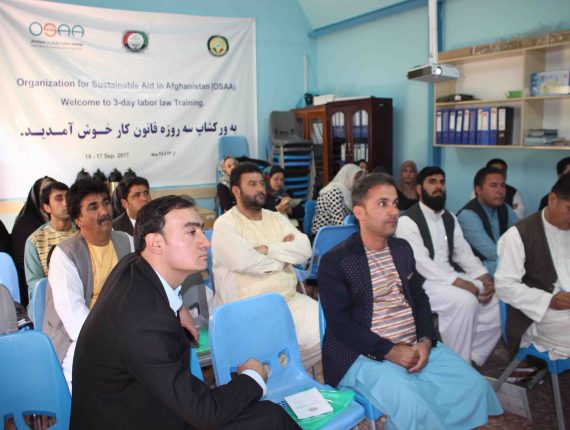
First day of workshop:
In the first day after opening, the participants were asked to describe each term mentioned in the Labor Law. Then, Labor Law articles from one to fifty were discussed. For the first fifty articles, the issues like the objectives of this law, general labor condition, employment condition, contract, contract termination, terms stated in the contract were discussed and the participants prepared a contract as sample in a group working and presented to the class. Also, work hours, over paid and types of leaves were discussed.
Second day of workshop:
In this day, the articles about wages, benefits, professional and vocational trainings, criteria and guidelines for work were discussed and copies of Internal Technical and Work Safety Guideline which was issued by Herat DoLSA were distributed to all participants for further information. Work discipline practices, employees’ financial responsibility, financial loss prevention, provision of safety health conditions, legal articles for the employment of disabled people and women and children in the labor law were discussed in details. Social facilities, types of social facilities and various commands in this law were mentioned.
Third day of workshop:
In third day, after discussion on Guilds Labor Condition and Guideline, actual goals and activities of OSAA Employment Services Center (ESC) and Vocational Educational Trainings (TVET) were provided by Mr. Tawab Hossaini, ESC manger, and the program concluded by Mr. Soroosh, Program Officer of Help INGO. In the meantime, in order to promote TVET and cooperation among Guilds, DoLSA, Help and OSAA, the participants discussed with each other relevant issues. A need assessment on implementing such further programs was carried out among participants. At the end, the program was finished with distribution of certificates to the participants of 3-day Labor Law Workshop.
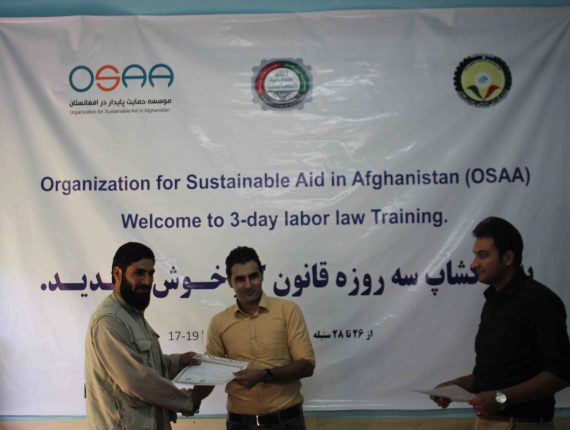
Conclusion and Consequences:
This workshop has been held in a 3-day program according to the plan and agenda by some presenters in ESC. The participants took part actively with great interest during these three days and got familiar with Labor Law and the role of guilds in Herat market and community. Acknowledgment were given to OSAA, DoLSA and Help for providing this program. The participants also suggested to hold such programs, in particular, the Tax Law in future in order to make businessmen aware of their rights and obligations. In order to increase cooperation and promoting TVET, it was agreed to hold more meetings and discussions between stakeholders in the future.
Source: Help Media & Culture Unit
